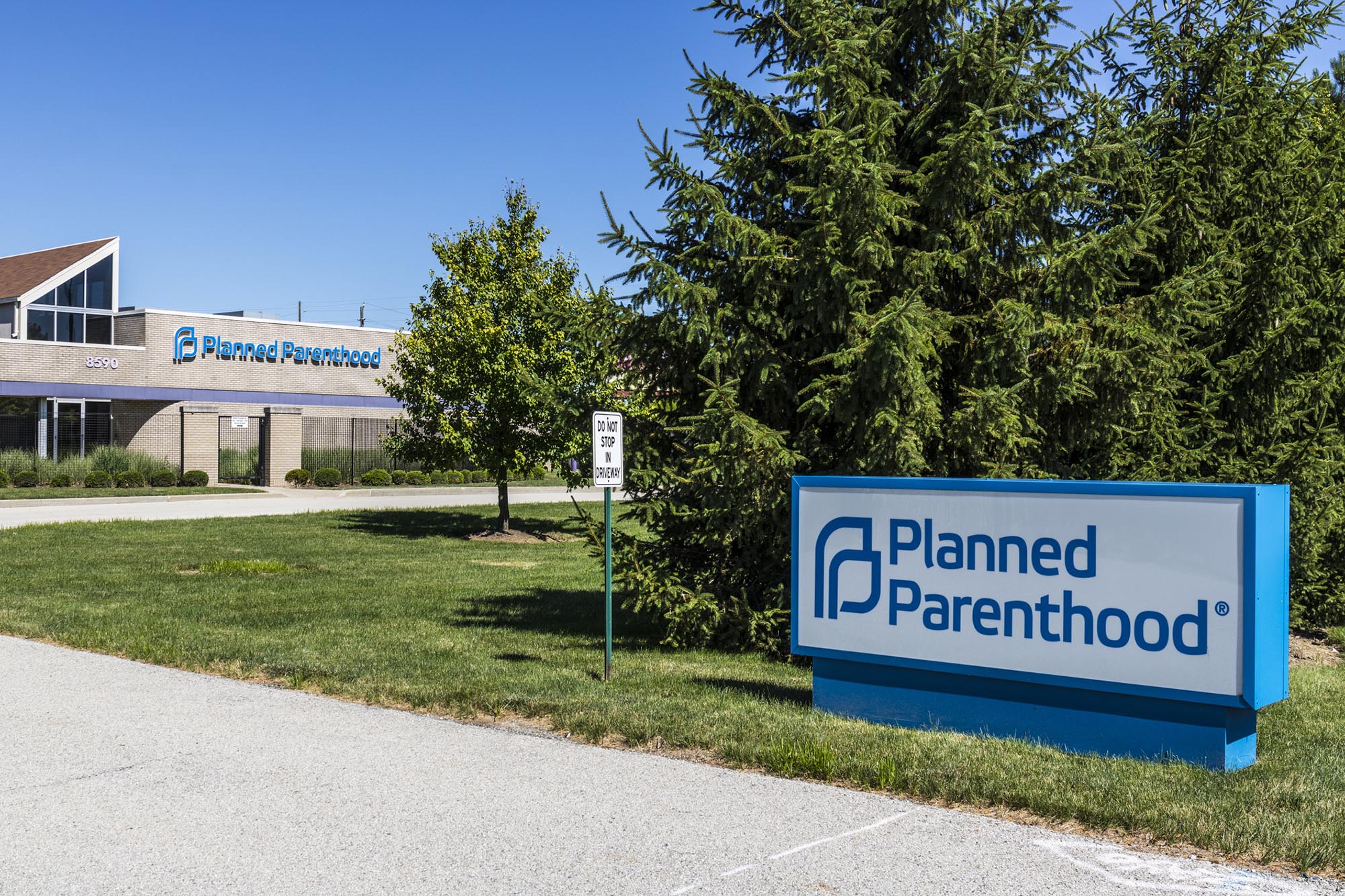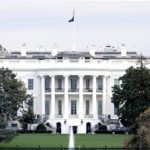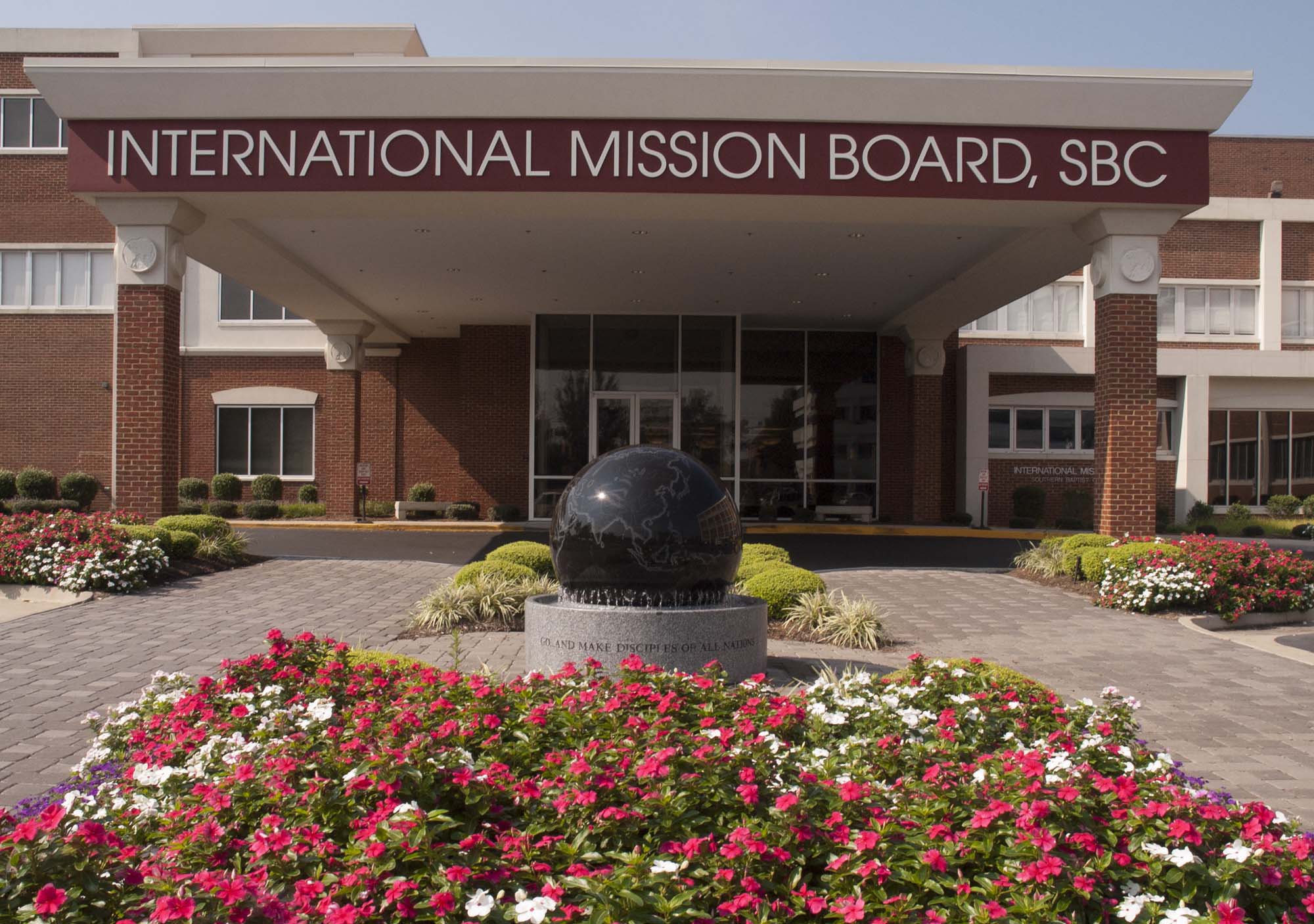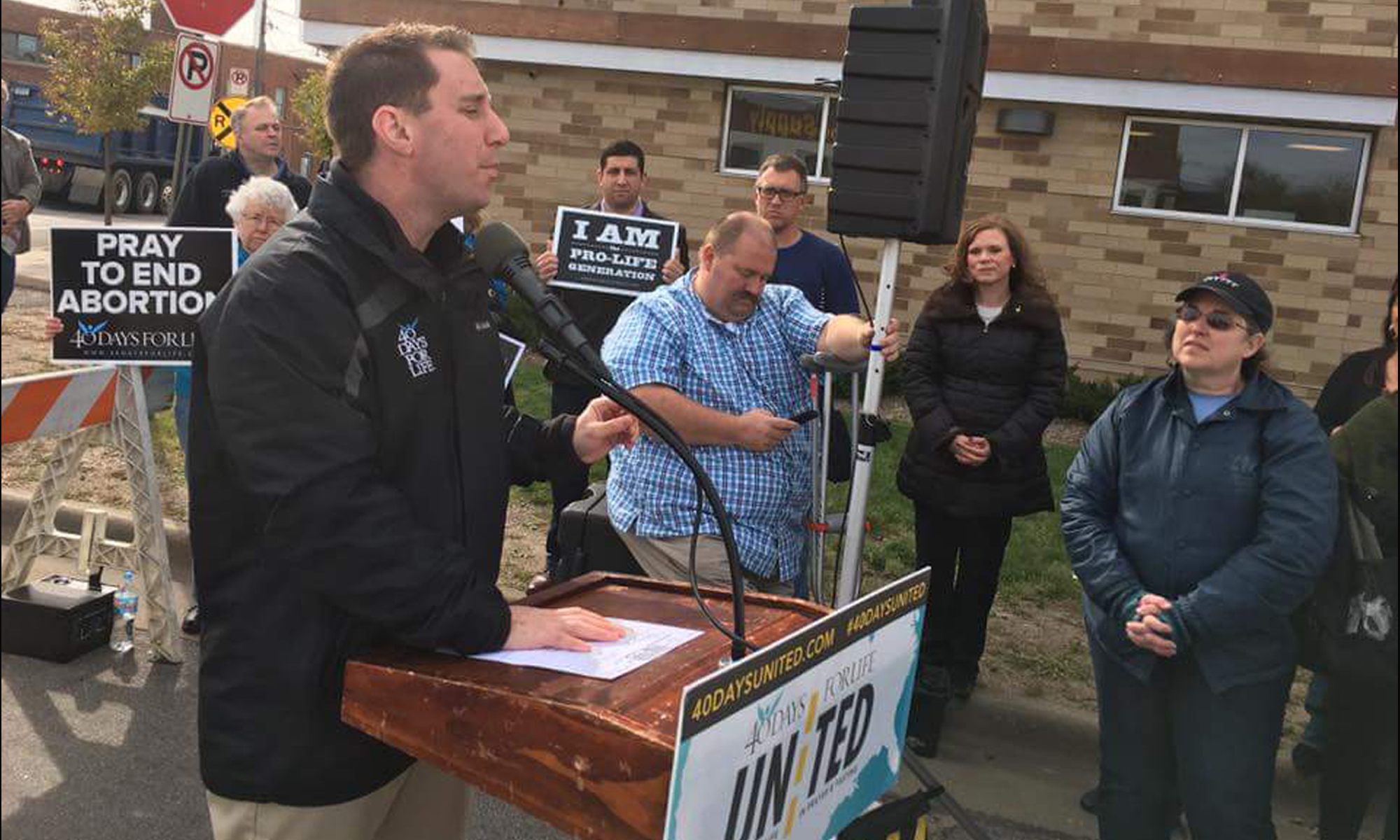
NEW ORLEANS (BP) — Southern Baptist leaders have commended a federal appeals court decision in support of a Texas order that includes abortion as a nonessential medical procedure suspended during the coronavirus (COVID-19) pandemic.
 In an April 7 ruling, a divided panel of the Fifth Circuit Court of Appeals in New Orleans overturned a federal judge’s opinion that removed all abortions from Texas Gov. Greg Abbott’s order postponing nonessential procedures through April 21. In rejecting the arguments of abortion-rights advocates, the 2-1 majority said the order “regulates abortions evenhandedly” with all other medical procedures.
In an April 7 ruling, a divided panel of the Fifth Circuit Court of Appeals in New Orleans overturned a federal judge’s opinion that removed all abortions from Texas Gov. Greg Abbott’s order postponing nonessential procedures through April 21. In rejecting the arguments of abortion-rights advocates, the 2-1 majority said the order “regulates abortions evenhandedly” with all other medical procedures.
Texas and some other states have included abortions among non-imperative surgeries or procedures that are delayed during the pandemic to free medical supplies for hospitals and personal protective equipment for healthcare workers. Planned Parenthood and other abortion providers have challenged such orders and, in some cases, refused to abide by them. Other states have exempted abortions from orders suspending nonessential procedures.
The Fifth Circuit Court “made the right decision,” Travis Wussow of the Southern Baptist Ethics & Religious Liberty Commission (ERLC) told Baptist Press.
“The abortion industry has once again shown its disregard for human life, that even during a global pandemic, it places its profit motive before any other consideration,” said Wussow, the ERLC’s general counsel and vice president for public policy, in written remarks. “We are thankful their operations are halted for now. This moment demands that we work to save as many lives as possible.”
Jim Richards, executive director of the Southern Baptists of Texas Convention, said in a written statement:
“While our convention has from its beginning championed the sanctity of human life from birth to natural death, this decision is more than pro-life in its effect. Abortion providers sought to classify their grisly work as more essential than most medical procedures.
“In light of the need to conserve limited medical resources during a crisis, this decision supports ordinary prudence. I’m grateful for the court’s support of our state leadership as they prepare for the strain we expect on our healthcare facilities.”
In his March 22 order, Abbott required the postponement of “all surgeries and procedures that are not immediately medically necessary to correct a serious medical condition of, or to preserve the life of, a patient who without immediate performance of the surgery or procedure would be at risk for serious adverse medical consequences or death, as determined by the patient’s physician.”
When Planned Parenthood centers and other abortion-rights organizations challenged Abbott’s action, a federal court described his order as “effectively banning all abortions before viability” and issued a temporary restraining order (TRO).
The Fifth Circuit Court temporarily stayed enforcement of the TRO March 31 before the three-judge panel rejected in its April 7 opinion the federal judge’s description of the order as an “outright ban.” The order “only delays certain nonessential abortions,” judge Kyle Duncan wrote for the majority. The order is temporary and includes “an emergency exception for the mother’s life and health,” he said.
“The bottom line is this: when faced with a society-threatening epidemic, a state may implement emergency measures that curtail constitutional rights so long as the measures have at least some ‘real or substantial relation’ to the public health crisis and are not ‘beyond all question, a plain, palpable invasion of rights secured by the fundamental law,'” Duncan wrote.
Planned Parenthood, the country’s No. 1 abortion provider, decried the Fifth Circuit ruling. “This is unconscionable,” said Alexis McGill Johnson, acting president of Planned Parenthood Federation of America, in written remarks. “Abortion is essential, it’s time-sensitive, and it cannot wait for a pandemic to pass.”
Planned Parenthood performed more than 345,000 abortions and received $616.8 million in government grants and reimbursements, according to its 2019 annual report. Planned Parenthood and other organizations have also challenged orders similar to that of Texas in Alabama, Iowa, Ohio and Oklahoma, according to Newsweek. Acting April 6, a federal court halted enforcement of the Oklahoma order.
Meanwhile, governors in many states, including Michigan and Virginia, have excluded abortions from orders barring medical procedures that are not essential.
Attorneys general in 21 states asked the Department of Health and Human Services (HHS) and the Food and Drug Administration in a March 30 letter to lift limitations on medical/chemical abortions and permit their use through telemedicine, National Right to Life reported. Telemedicine abortion involves a doctor holding a videoconference with a woman in a remote clinic and then dispensing an abortion drug to her.
On March 24, ERLC President Russell Moore and more than 50 other pro-life leaders urged public health officials to act to prevent the promotion of abortion during the coronavirus crisis.
In a letter to HHS Secretary Alex Azar, they said Planned Parenthood and other organizations are promoting and performing abortions while other elective procedures are being delayed. According to the letter, by discontinuing abortions, Planned Parenthood would make medical equipment that is in limited supply available as the coronavirus spreads, protect women who may require care from an overtaxed health-care system after post-abortion complications and reduce the burden on emergency rooms.
In a March 25 Baptist Press article, Moore said, “We must take every measure necessary to prevent the spread of the virus, and that includes stopping Planned Parenthood from exploiting vulnerable communities in danger now from a potentially deadly virus on top of their already violent actions.”



















